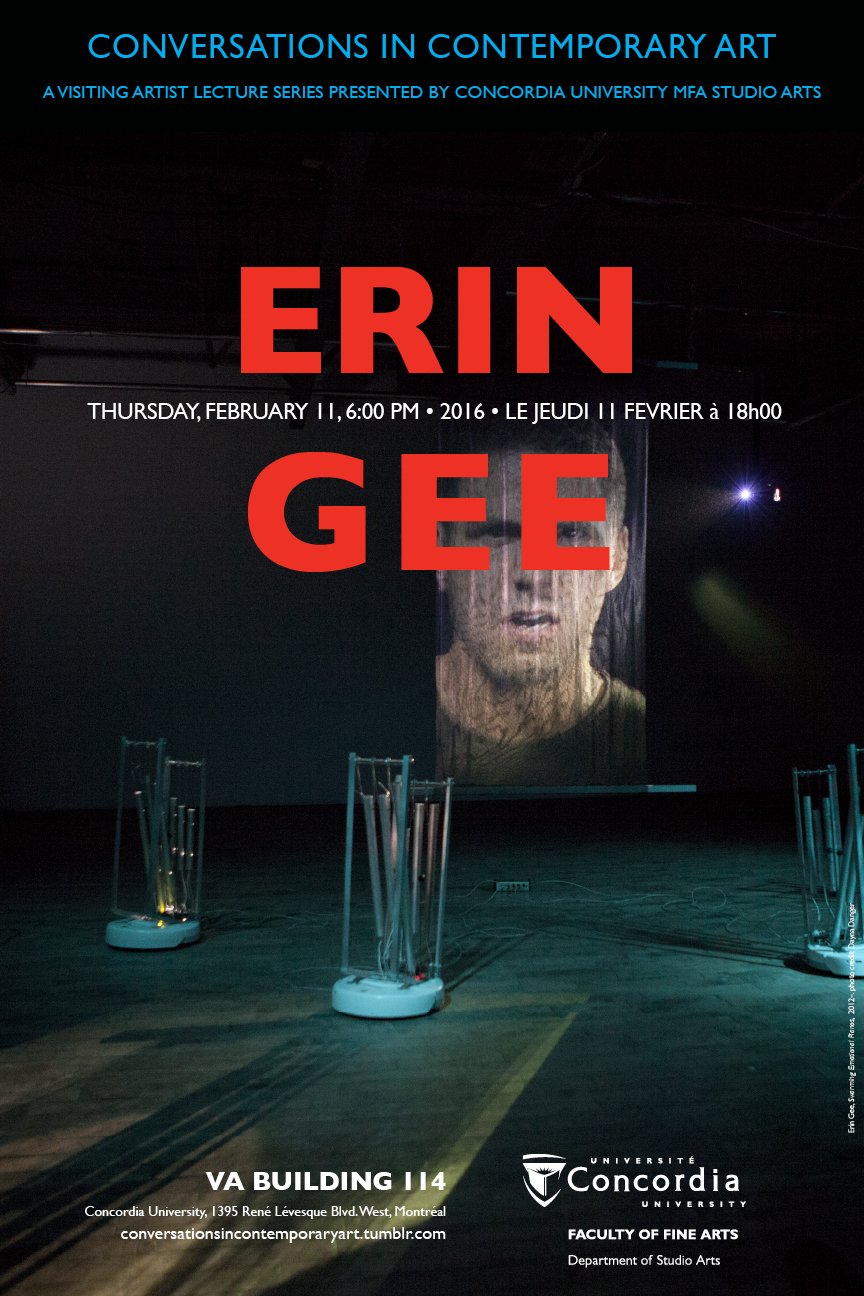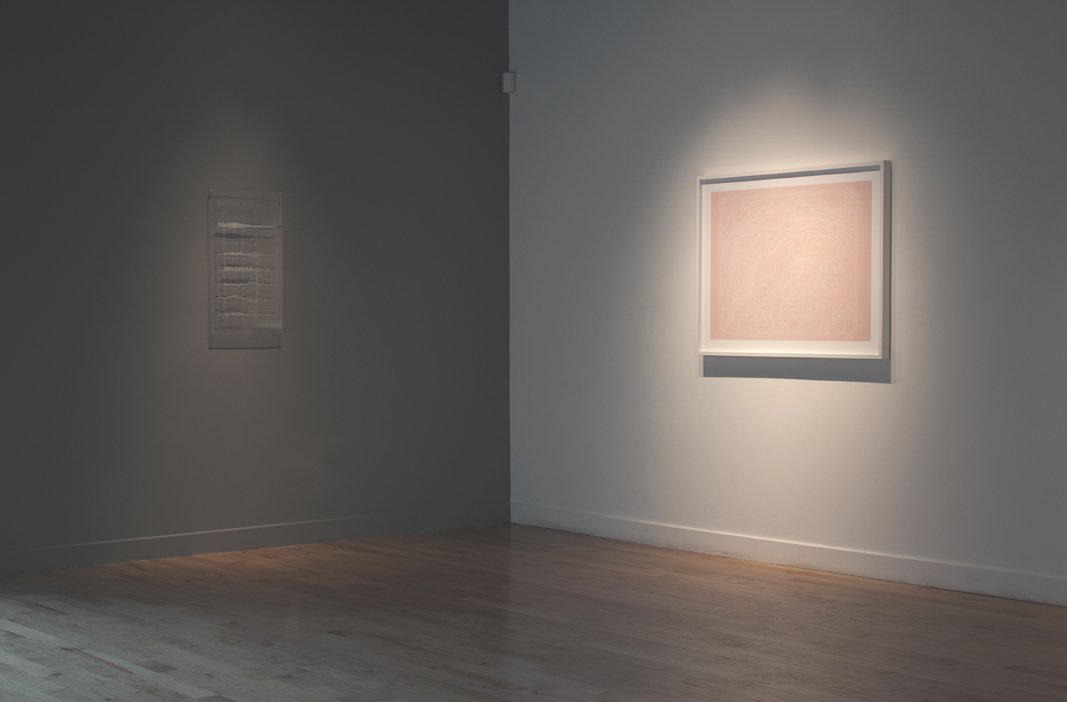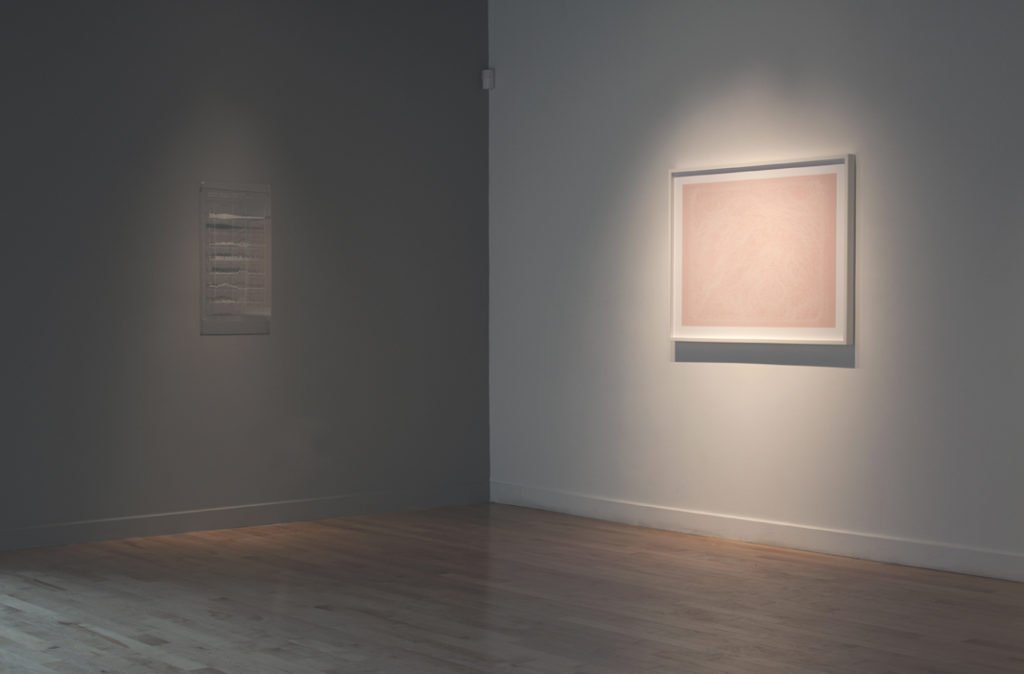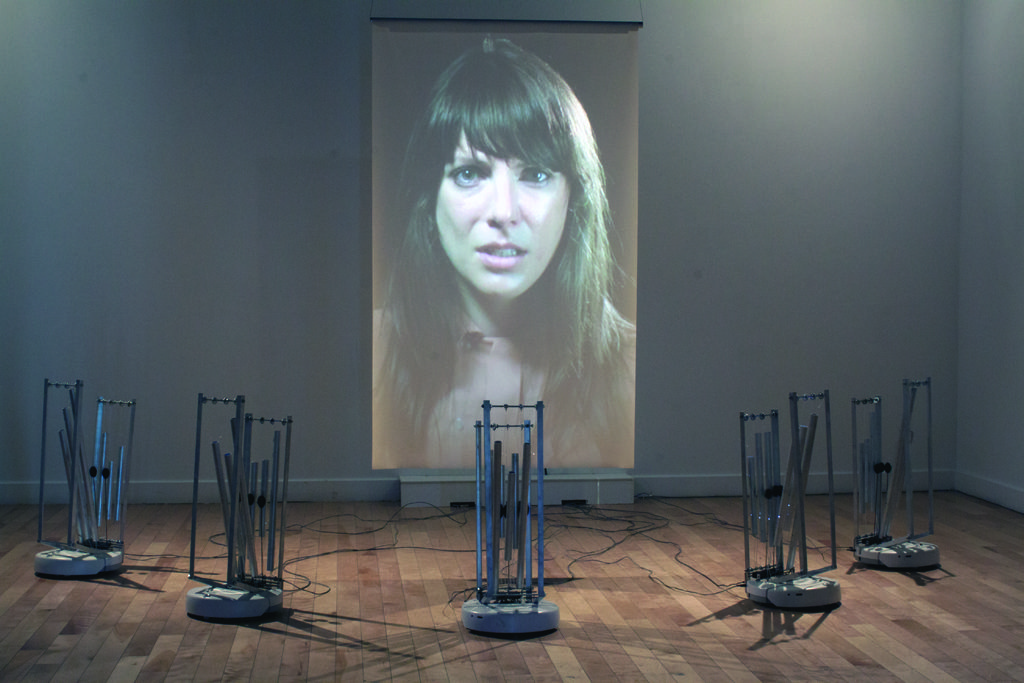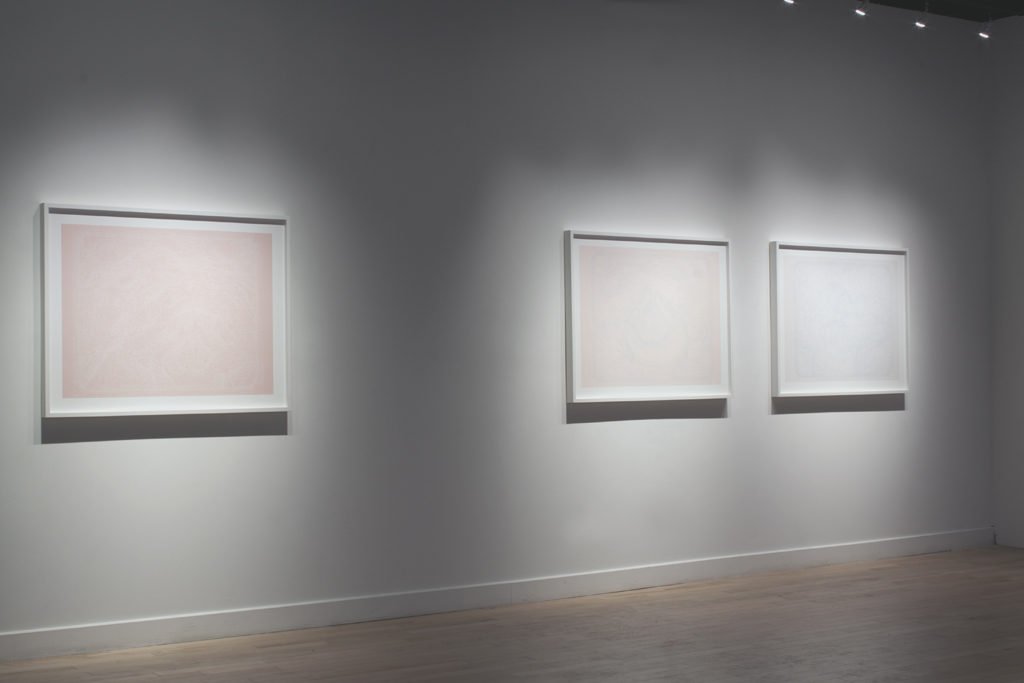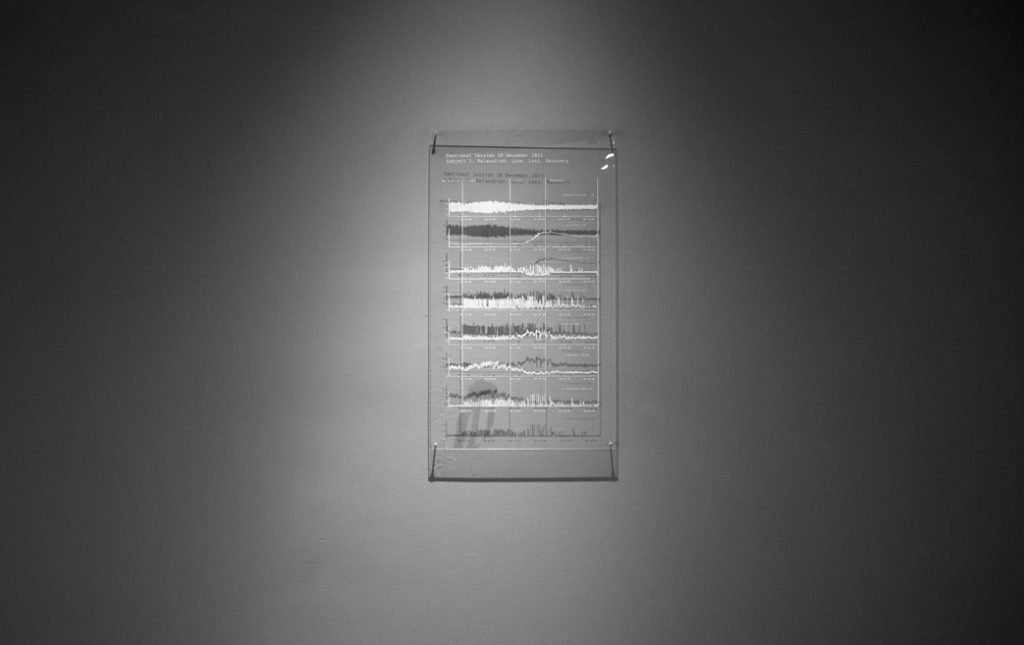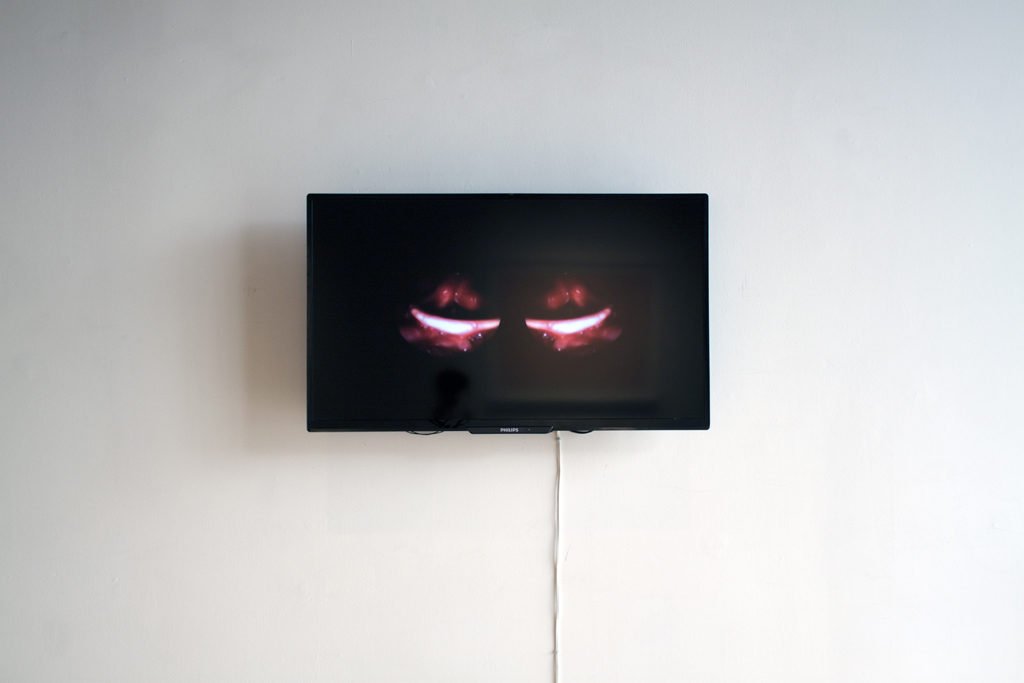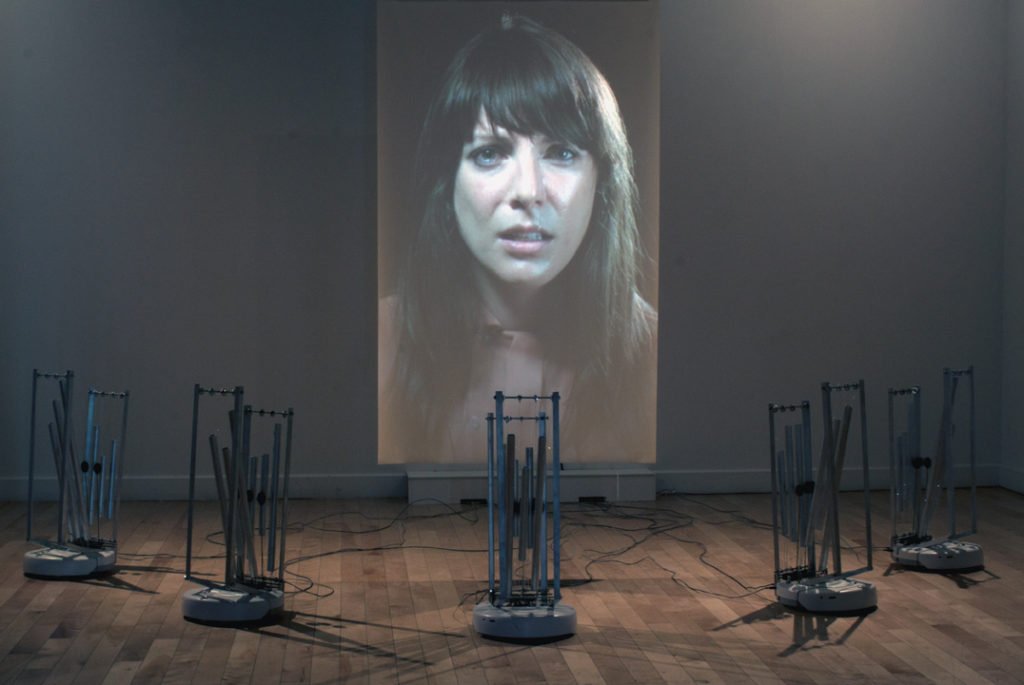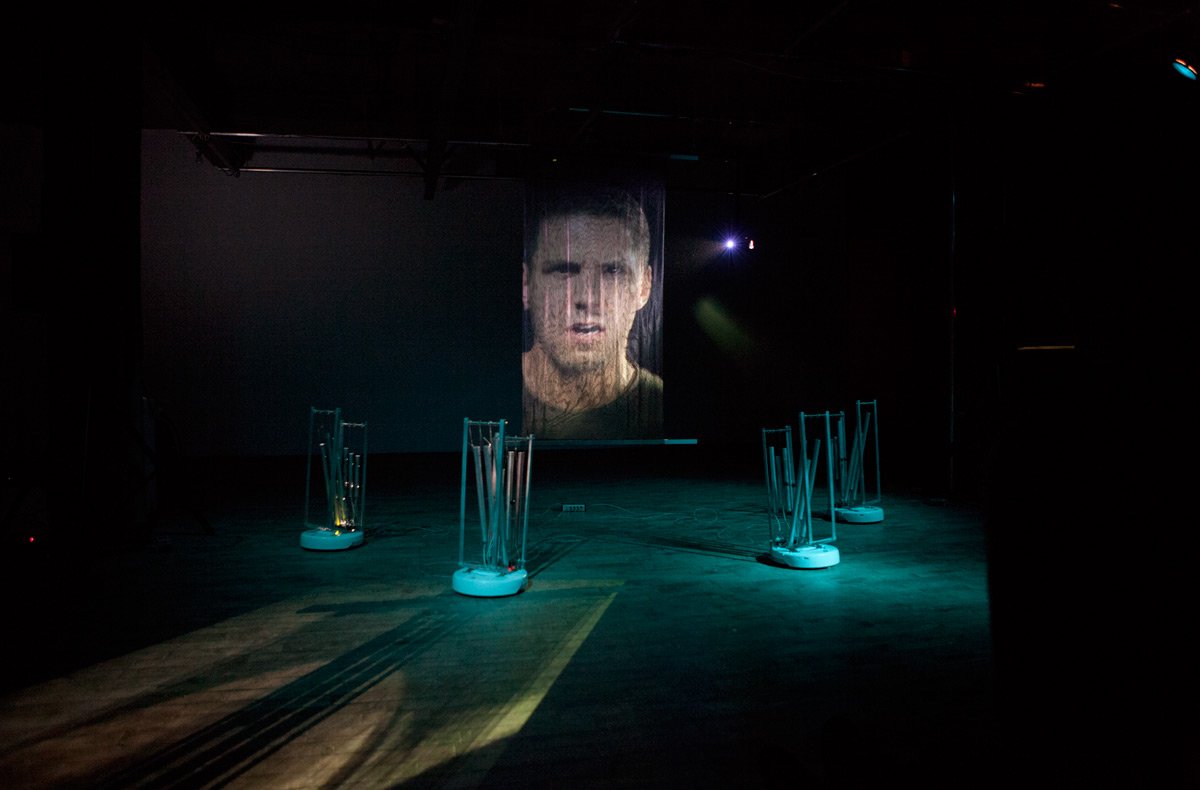Conversations in Contemporary Art
Conversations in Contemporary Art Presents Erin Gee: Concordia University, Montreal
Thursday, February 11, 2016, 6pm
Le jeudi 11 fevrier à 18h00
Concordia University Fine Arts
VA Building 114
1395 René Lévesque Blvd West, Montreal
L’université de Concordia, 1395 René Lévesque Ouest, Montréal
Admission for all Conversations in Contemporary Art events is FREE and open to the general public. Seating is first come, first serve. Doors open at 5:30 p.m. The lectures will be held in English.
Tous les événements du programme Conversation in Contemporary Art sont gratuits et ouverts au public. Les sièges sont assignés selon le principe du premier arrivé, premier servi. Les portes ouvrent à 17h30. Les conférences se dérouleront en anglais.
* * * * *
ERIN GEE is a Montreal-based artist and composer who explores human voices in electronic bodies, re-locating boundaries of musical form through technological interfaces. Her work in emotion-driven musical robotics, algorithmic music performance, interactive sonic sculpture/scores and digitally-inspired musical compositions have been recently presented at device_art festival, Croatia (2015), University of Toronto Art Center (2015), Trinity Square Video, Toronto (2015), Musée d’art contemporain de Montreal (2015), and Cirque du Soleil International Headquarters, Montreal (2014). Her work has been reviewed in Scientific American, VICE, National Post, and La Presse. Gee is currently teaching in the Communications department of Concordia University on topics of sound, gender and technology.
“There are layers of interrelation that all humans have, where we are objectified, reduced to our utility, treated as objects rather than subjects, reacting to and acting through a subject or group of people more powerful than we are. I want to make work that tries to bridge the gap, to create musical systems and worlds where the subject tries to learn the language of the object, to assume that the thing we assumed to be an object in fact has a voice, and it is important to listen.”
* * * * *
Artiste et compositrice établie à Montréal, Erin Gee explore les voix humaines des corps électroniques, repoussant les frontières de la musique au moyen d’interfaces technologiques. Ses œuvres – robots musicaux mus par les émotions, performance musicale algorithmique, sculptures ou partitions soniques interactives ainsi que compositions d’inspiration numérique – ont récemment été présentées en Croatie, au Festival Device_art (2015), à Toronto, au Centre d’art de l’Université de Toronto (2015) et au centre Trinity Square Video (2015), et à Montréal, au Musée d’art contemporain (2015) et au siège social international du Cirque du Soleil (2014). Son travail a fait l’objet d’articles dans Scientific American, VICE, National Post et La Presse. Par ailleurs, son enseignement au Département de communication de l’Université Concordia touche au son, au genre et à la technologie.
« Tous les humains entretiennent diverses relations réciproques selon lesquelles ils sont réduits à leur plus simple utilité. Traités comme des objets, plutôt que des sujets, ils agissent par l’intermédiaire d’un individu ou d’un groupe plus puissant qu’ils ne le sont et y réagissent. Je m’efforce dans mon œuvre de combler ce fossé en créant des systèmes et des mondes musicaux où le sujet tente d’apprendre le langage de l’objet. En effet, je crois que ce que nous supposons être un objet possède en fait une voix qu’il est important d’écouter. »
About the event: Conversations in Contemporary Art is a visiting artist lecture series and graduate-level course sponsored by Concordia’s Studio Arts MFA Program. CICA provides a unique opportunity to hear distinguished artists, critics, writers and curators from the Canadian and international community speak about their practices.


